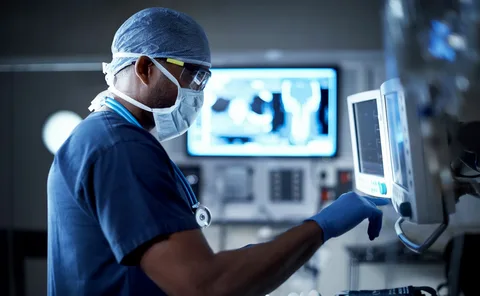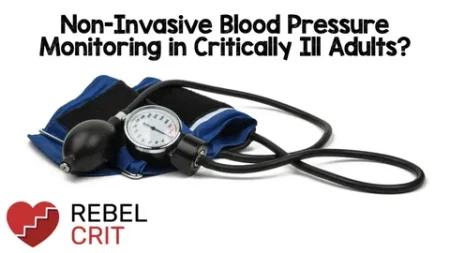In today’s healthcare landscape, where precision and reliability are paramount, the performance of medical equipment directly impacts patient outcomes and the overall efficiency of healthcare facilities. Behind every functional piece of equipment stands a technician whose skill and expertise ensure smooth operation. This is where specialized training for medical equipment repair technicians becomes not only valuable—but essential.
Why Specialized Training Matters
Medical devices have evolved into highly sophisticated, technology-driven tools. From imaging systems to patient monitoring devices and surgical instruments, each comes with its own complex mechanisms, software interfaces, and safety standards. Technicians must possess far more than general mechanical skills—they need focused, up-to-date training tailored to the equipment they service.
Key Benefits of Specialized Training
1. Enhanced Equipment Reliability and Accuracy
Proper training enables technicians to troubleshoot and repair equipment with precision. This ensures devices operate at peak performance, minimizing the risk of diagnostic errors and equipment-related mishaps that could endanger patient safety.
2. Faster Turnaround Times
Technicians with specialized training can identify problems quickly and accurately, reducing downtime. Faster repairs mean medical professionals can rely on critical tools without extended delays, helping to maintain uninterrupted patient care.
3. Compliance with Regulatory Standards
Healthcare facilities must comply with strict regulatory and safety guidelines, such as those from the FDA, ISO, and local health authorities. Specialized training ensures technicians understand these requirements and can service equipment accordingly, supporting documentation and inspections.
4. Cost Efficiency for Healthcare Facilities
Trained technicians can prevent small issues from becoming major breakdowns. Preventive maintenance and accurate diagnostics reduce the need for costly repairs or replacements, delivering better value to hospitals and clinics.
5. Adaptation to Technological Advances
Medical equipment is constantly evolving. Specialized training helps technicians stay current with the latest innovations, including software updates, IoT integration, and new diagnostic capabilities, ensuring they can service even the most advanced systems.
6. Increased Patient Safety
When medical devices are repaired and maintained by trained professionals, the likelihood of errors due to equipment malfunction significantly decreases. This directly supports patient health and builds trust in the healthcare system.
7. Professional Growth and Job Satisfaction
Technicians who undergo specialized training are better equipped to handle challenges, opening the door to career advancement and higher job satisfaction. They become valued assets in healthcare environments where expertise is critical.
Building a Stronger Healthcare Infrastructure
Investing in specialized training for medical equipment technicians is an investment in the broader healthcare system. Well-trained professionals help maintain the reliability of medical technologies that doctors and nurses depend on daily. Whether it’s calibrating imaging machines or updating the software in ventilators, their role is vital to the seamless delivery of healthcare.
Final Thoughts
As medical technology grows increasingly complex, the demand for qualified, specialized technicians continues to rise. Healthcare organizations that prioritize ongoing training and certification for their technical staff will not only see improvements in equipment performance and cost savings—but also ensure a safer, more effective environment for both patients and professionals.








